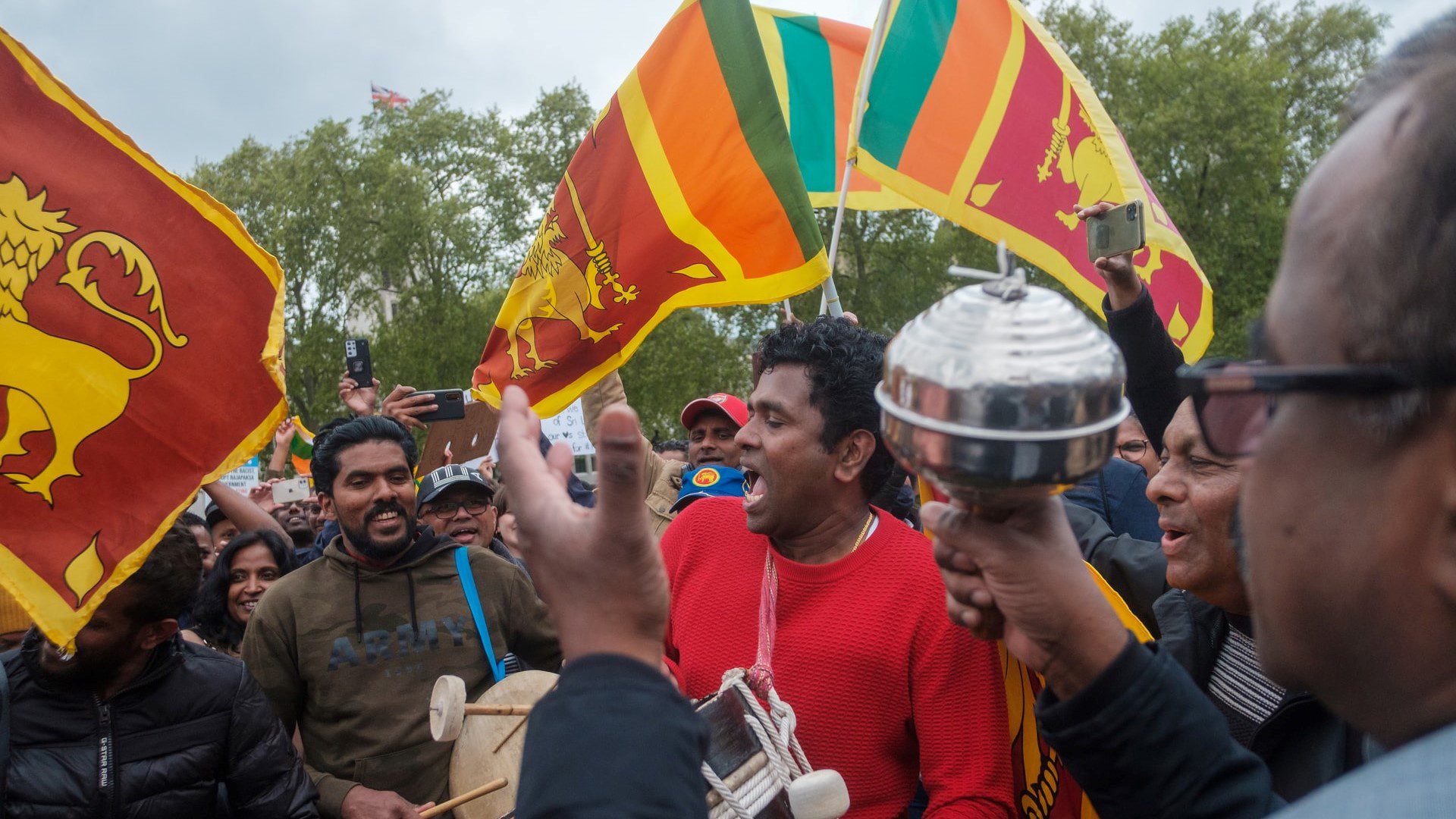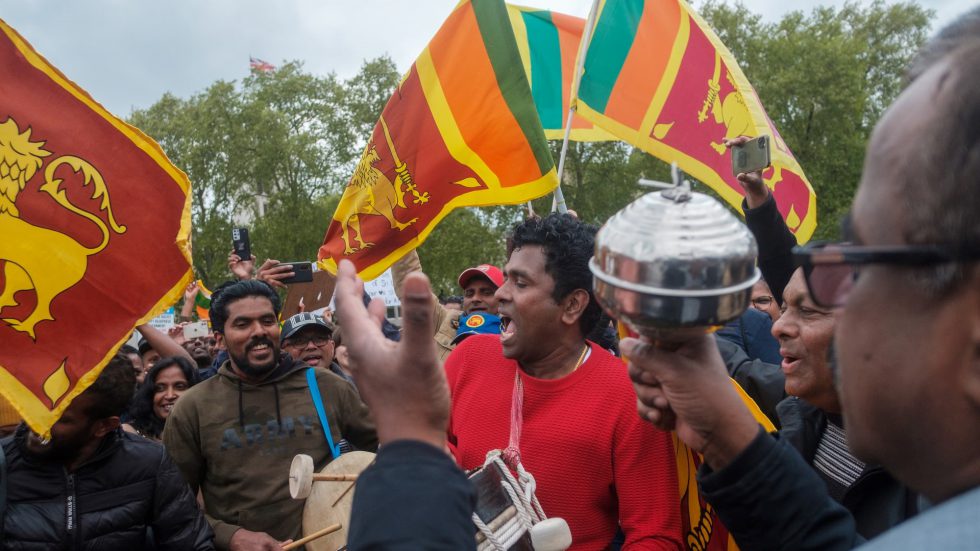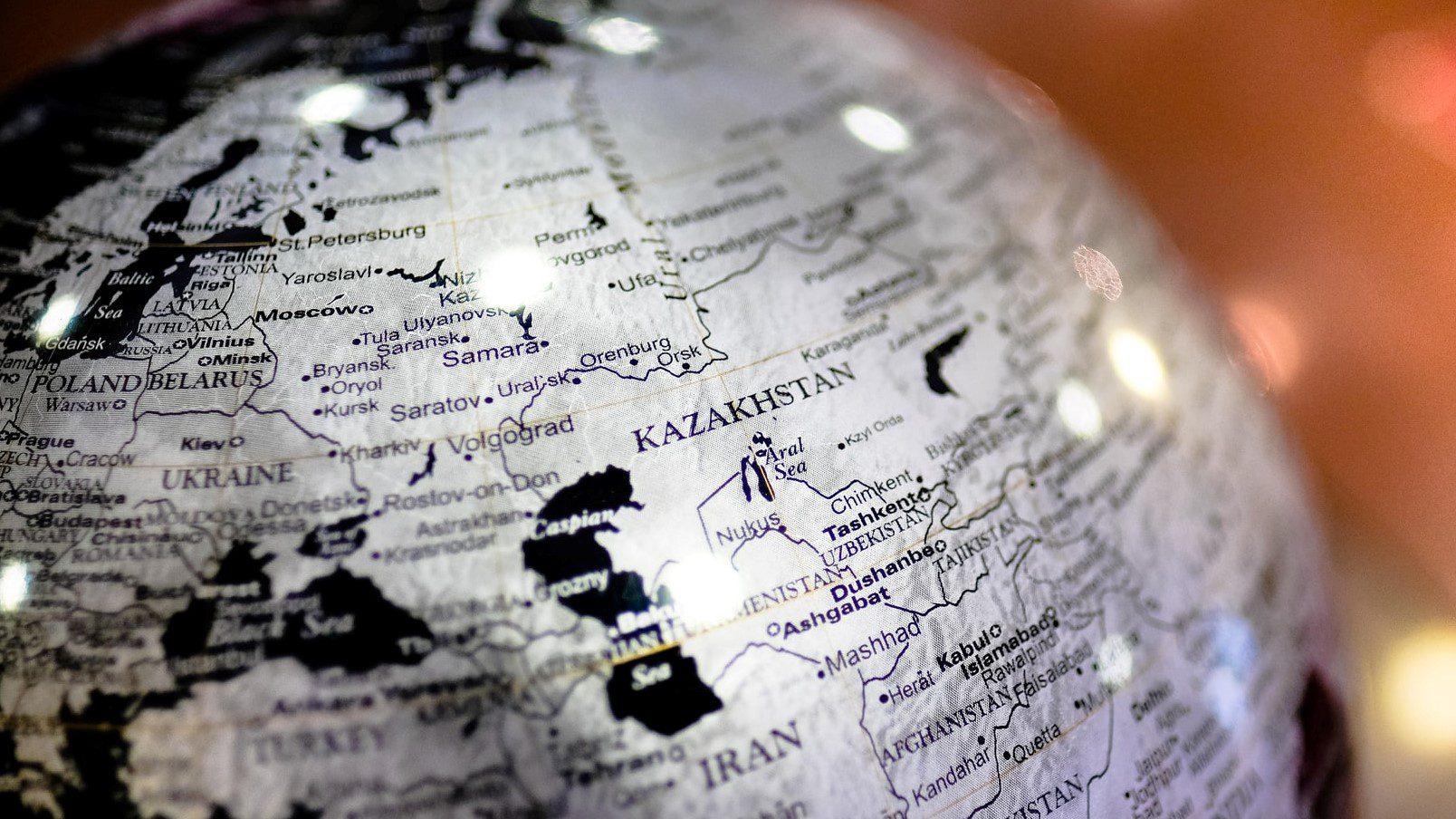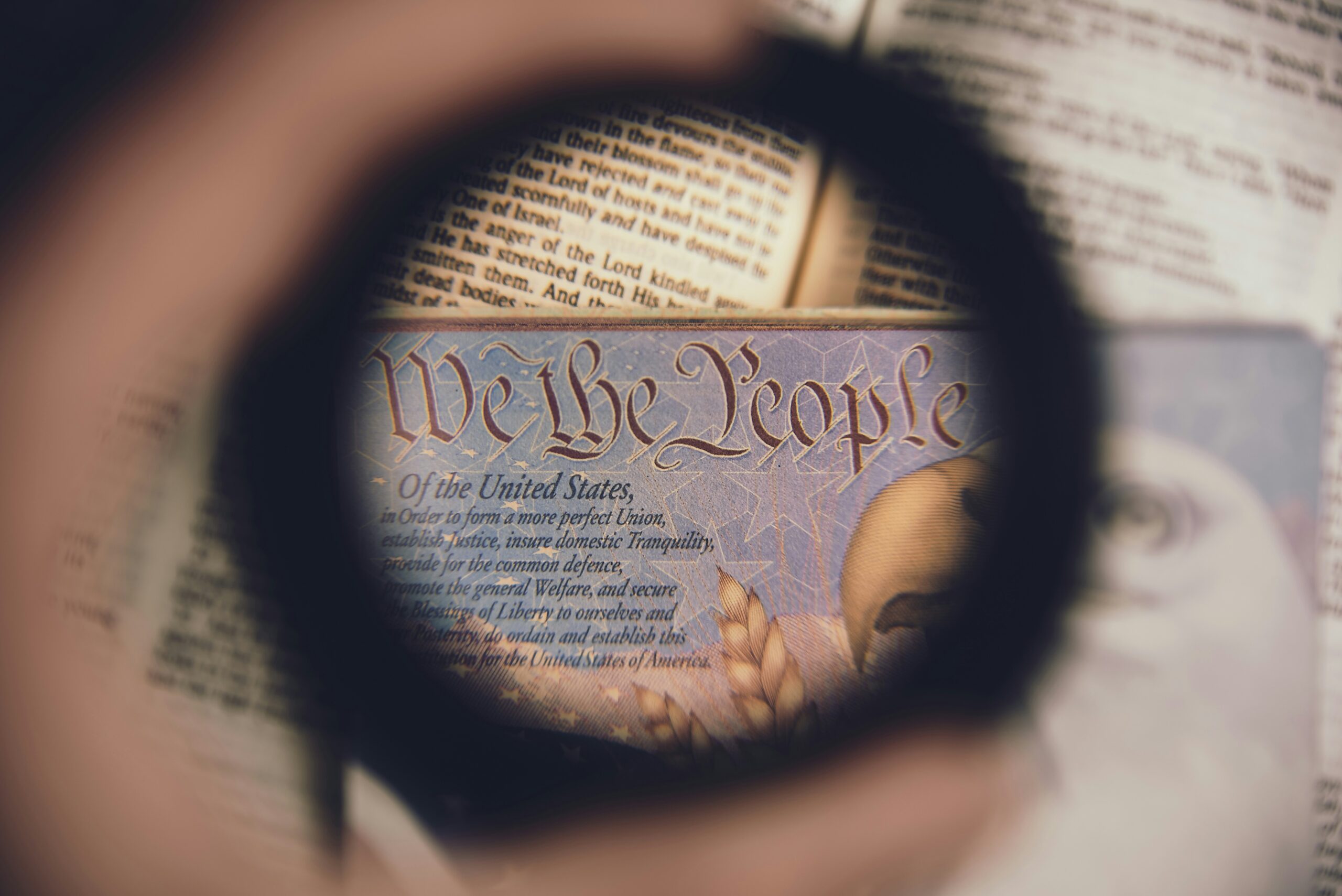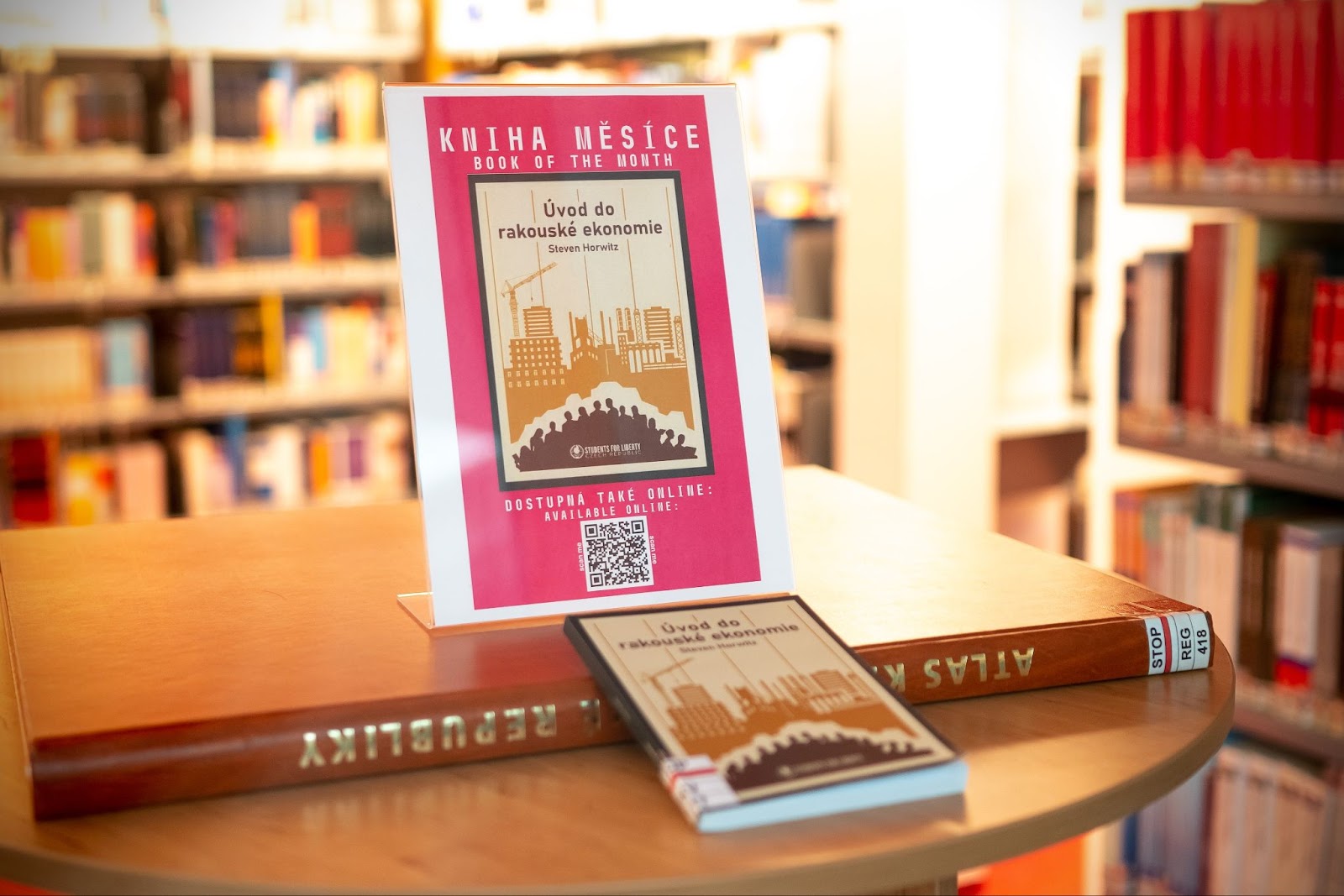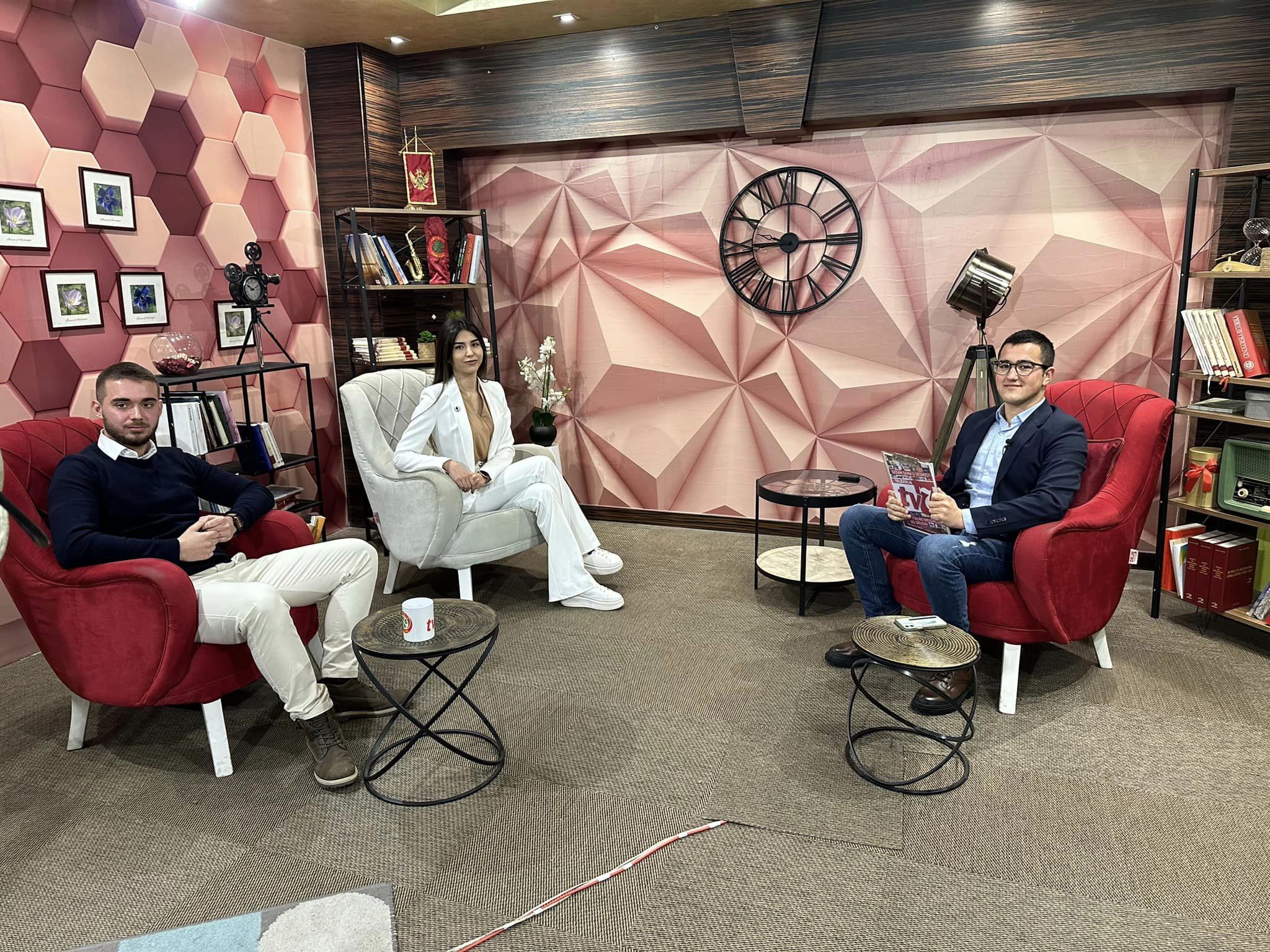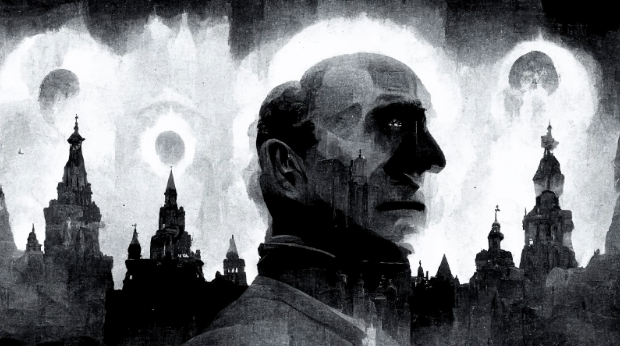Did you know there are at least 15 U.S. towns, four books, two films, a TV series, a band, a record label, 12 albums and 22 songs named “Freedom?”
That’s just in the English speaking world, and the list doesn’t even include any radical personal or political manifestos you might have written in high school. Clearly people love freedom.
But what does it mean to be free? Political philosophers like John Locke, Robert Nozick and others think it’s something to do with the rule of law, limited government and property rights.
And they’re probably right. But isn’t there something more to freedom?
Freedom by definition
Existentialist Jean-Paul Sartre thought we were hopelessly free, despite our external circumstances or “facticity.” Both the master and the slave, regardless of their relationship to one another, have choices (grim as they might be).
We have the power to constrain or broaden our perception of our own potential (and by extension, the potential of others), depending on how we see ourselves – as victims of destiny or as authentic self-authors.
Ultimately choices can be either embraced or feared, and I think this has real consequences for the way we approach political philosophy or even the aesthetic qualities of political values like freedom and order.
To get a better picture of what it means to be free, it might help to contrast it with a picture of what it means to be governed.
What does it mean to be governed (unfree)?
Pierre-Joseph Proudhon, a 19th century French anarchist, libertarian socialist, and proponent of human liberation, once wrote an epic, perhaps poetic description of what it means and feels like to be governed. In his 1851 manifesto The General Idea of The Revolution in the Nineteenth Century, Proudhon wrote:
“To be GOVERNED is to be watched, inspected, spied upon, directed, law-driven, numbered, regulated, enrolled, indoctrinated, preached at, controlled, checked, estimated, valued, censured, commanded, by creatures who have neither the right nor the wisdom nor the virtue to do so. To be GOVERNED is to be at every operation, at every transaction noted, registered, counted, taxed, stamped, measured, numbered, assessed, licensed, authorized, admonished, prevented, forbidden, reformed, corrected, punished. It is, under pretext of public utility, and in the name of the general interest, to be place under contribution, drilled, fleeced, exploited, monopolized, extorted from, squeezed, hoaxed, robbed; then, at the slightest resistance, the first word of complaint, to be repressed, fined, vilified, harassed, hunted down, abused, clubbed, disarmed, bound, choked, imprisoned, judged, condemned, shot, deported, sacrificed, sold, betrayed; and to crown all, mocked, ridiculed, derided, outraged, dishonored. That is government; that is its justice; that is its morality.”
The quote has become a bit of an internet meme, circulated and re-circulated through libertarian communities on Facebook and other social media sites. I read that quote for the first time a few years back and I remember being emotionally stirred by it.
Its relentless battery of adjectives paints a dark, mechanistic and dystopian picture of the individual’s relationship to the modern state and society. Seemingly hyperbolic, it reveals an uncomfortable truth about the disciplinary rituals we have all come to accept, of governmentality, or the “art of governing,” as philosopher Michel Foucault might say. And at its core it represents a philosophy and aesthetic driven by an overriding fear of choice.
The new generation of ‘freedom’
Students For Liberty’s own James Padilioni Jr. has argued that art, (as well as literature and poetry), can convey a unique kind of aesthetic knowledge and the new wave of millennial student libertarians are poised to “…develop a robust cultural dialogue of freedom in our own way.”
After reading James’ articles, I attempted to share my own conception of the aesthetics of freedom, one driven by an affirmation of choice, by reimagining that infamous 19th century quote by Proudhon:
“To be FREE is to be cared for, humanized, trusted, guided, driven by the good, named, self-regulated, charitable, enlightened, reasonable, self-directed, believed, incalculable, indispensable, open, advised, by equals who have neither the right nor wisdom nor virtue to command and control the course of our lives. To be FREE is to be at every moment, in every human exchange, given the opportunity to choose, to be counted on, requested, de-objectified, self-evaluated, individualized, appreciated, considered competent, self-authorized, respected, unencumbered, whole, informed, rewarded. It is, without pretense, and as a matter of fact, to be an essential contributor to our collective well-being, self-disciplined, secure, ennobled, collaborated with and enriched by the experience; then, just as it seems it could not get any better, ever grateful to be alive, to be uplifted, gifted, praised, supported, protected, cherished, defended, empowered, unconstrained, relieved, liberated, helped, accepted, strengthened, accommodated, exalted, dignified, committed to; like nothing else, to be built up, commended, distinguished, blessed, honored. That is freedom; that is justice; that is morality.”
If this is anything like what it must feel like to be free, I can understand why “freedom” has become the artist’s title of choice – an apt name for the best experiences that life has to offer.
To read more about human rights, be sure to check out our cluster page by clicking on the button below.
Written by J.P. Gonzales
This piece solely expresses the opinion of the author and not necessarily the organization as a whole. Students For Liberty is committed to facilitating a broad dialogue for liberty, representing a variety of opinions.
